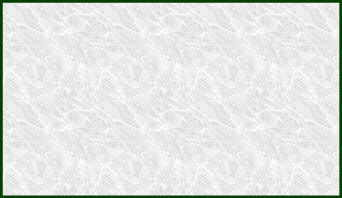

|
|
|
|

|
|
|
|
|
Collection of Invertebrates in Cyprus |
|
|
|
1. If collecting specimens, please adhere to the guidelines set out below. |
|
|
|
2. To aid any future conservation projects, please provide the Ministry of Agriculture’s Environment Service with detailed records of your observations or specimens taken (Species, Numbers, Location, Date). For butterflies, please refer to Section 5 (Recording). |
|
|
|
|
|
|
|
1. Collecting - general |
|
1(i) Please exercise restraint when collecting or trapping. Do not over-collect, especially from isolated populations. The taking of voucher specimens for the purposes of identification is acceptable, and in many circumstances should be all that is necessary. Where practicable, consider photography as an alternative to collecting. |
|
2. Consideration for the Environment |
|
2(i) Take care when parking off-road and avoid trampling on rare plants. |
|
|
|
3. Respect for Private Property |
|
The relative lack of fencing in rural areas of Cyprus enables much easier access to the countryside than is possible in many Mediterranean islands. Please respect this by keeping to established tracks and do not abuse the privilege by collecting or trapping on private property without permission from the owner. |
|
|
|
4. Collecting near Sensitive Areas |
|
Do not use cameras in or near areas designated by the military as restricted zones. You will be challenged if seen. Similarly, the use of GPS is inadvisable in such areas. |
|
|
|
5. Recording |
|
The importance of accurate recording cannot be over-emphasised, so please seek confirmation (voucher specimens or photographs) if doubt exists or if reporting a species new to Cyprus. Note the species seen, location (nearest town, village or landmark, with the UTM 5 km square if known) along with the date of observation. |
|
eddiejohn100(at)gmail.com |

|
|

|
|
|
|

